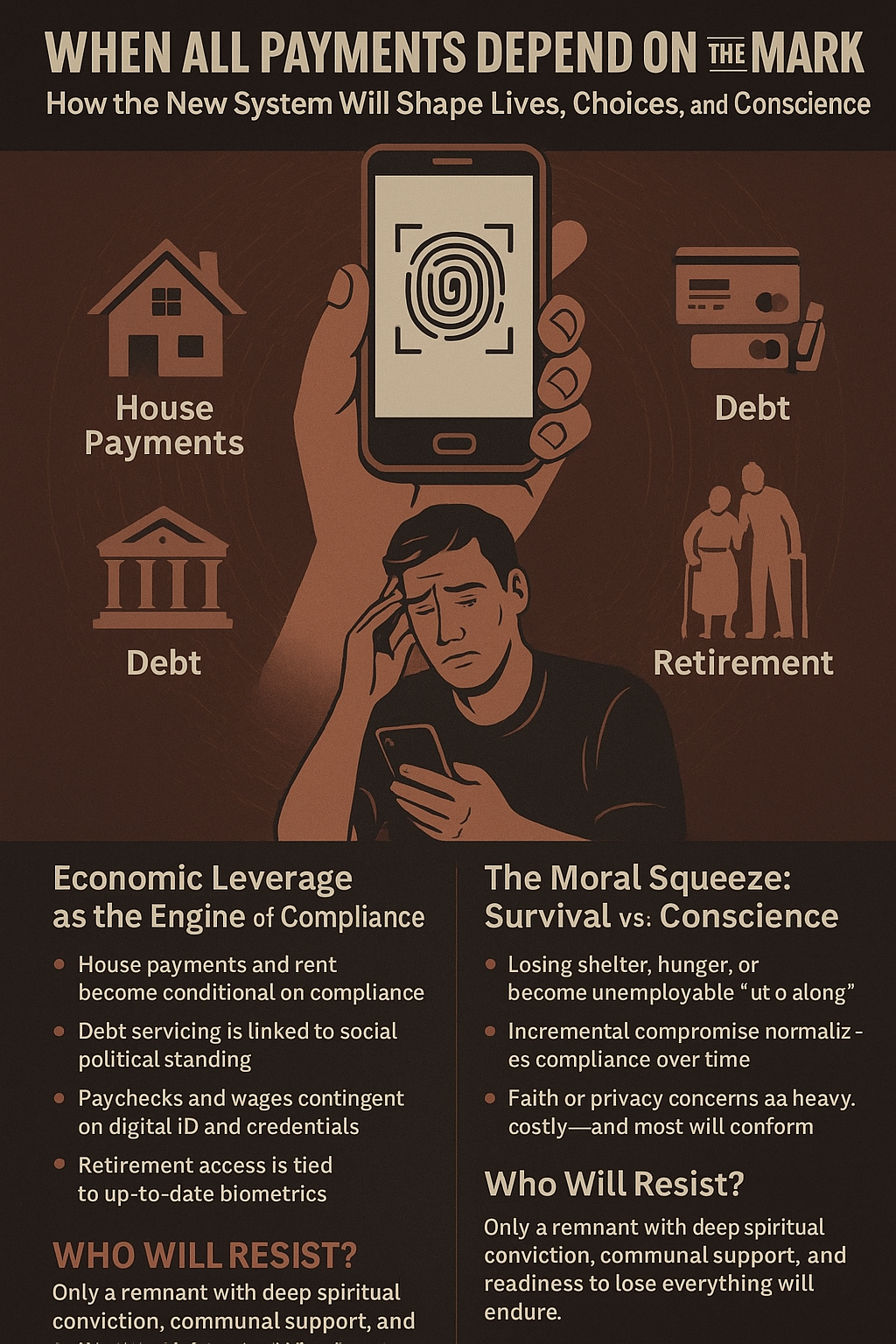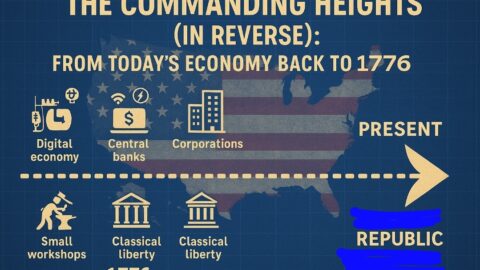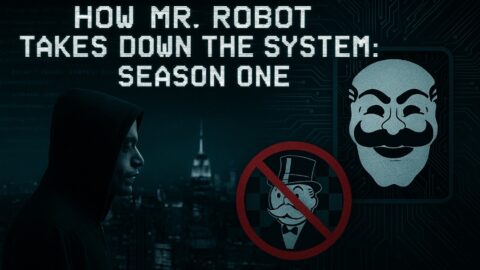Introduction: A Tipping Point in History
Imagine a future where your ability to pay your mortgage, receive your paycheck, service your debt, or access your retirement savings depends not on your effort, skill, or even law-abiding status—but on your compliance with a universal, digital system. This system—enabled by Digital ID, programmable money, social credit, and corporate-state fusion—does not just track transactions. It sets the conditions for participation in society itself.
For most, this won’t feel like a sudden loss of freedom, but a gradual tightening of the net—until the only real choice left is: comply, or lose everything.
I. Economic Leverage as the Engine of Compliance
From Convenience to Control
- House Payments and Rent:
Once home ownership, rent, and utility access are digitized, refusal to join the system means losing shelter—perhaps within days or weeks. - Debt Servicing:
Credit and loans, already highly regulated, become contingent on “good standing”—not just financially, but socially and politically. A flag on your social credit can freeze your accounts, escalate interest, or call your loan. - Paychecks and Wages:
Employment, payroll, and even gig work are processed through the system. Dissenters will find themselves unemployable, unbanked, or simply locked out of payment. - Retirement Access:
Pensions, Social Security, and private retirement savings (IRAs, 401(k)s) will all be tied to compliant digital identity and up-to-date credentials.
No Escape Hatch
When all “lifelines” are on one digital platform, cash is banned, and parallel economies are criminalized, the average person will have no legal or practical way to opt out. Dependence becomes total—by design.
II. The Moral Squeeze: Survival vs. Conscience
Everyday Dilemmas Become Existential
- The Price of Refusal:
Refusing the mark, for reasons of faith or privacy, will mean losing your home, going hungry, or dying uninsured.
Can you let your children suffer for your beliefs? Can you risk losing family, friends, or all you’ve worked for? - Incremental Compromise:
The system will not demand everything at once. It will start small (“just register for access”), then escalate (“now agree to terms,” “now update your biometrics,” “now affirm support for these social values…”). - From Coercion to Internalization:
With each step, resistance feels more costly, and compliance more “normal.” Over time, most will justify their participation—first as necessary, then as good, then as righteous.
III. Social and Psychological Reengineering
The Isolation of Dissent
- Public Shaming and Exclusion:
Refusers will be painted as selfish, dangerous, or mentally ill—just as non-compliance has been stigmatized in every major “crisis” of the modern era. - Loss of Community:
As more people comply, the non-compliant become invisible, then infamous, then hunted. Even family and friends may cut ties to avoid guilt by association. - Internalized Surveillance:
Knowing every action is tracked, people self-censor, report others, and even enforce rules on loved ones to preserve their own access.
Hopelessness and Despair
When there is no alternative to the system, psychological dependence takes root. Many will feel there is simply “no point” in resisting—a central aim of total control.
IV. Who Will Resist—and What Does It Really Take?
The Cost of Conscience
- A Remnant, Not a Majority:
Only those with deep spiritual conviction, communal support, and readiness to suffer loss will refuse to participate. - The True Test of Faith:
Religious texts warn that “loving not their lives unto death” (Revelation 12:11) will be the mark of the faithful. The real test is not whether you believe, but whether you will act—even when it costs you everything. - Building Parallel Societies:
Underground economies, off-grid living, local networks, and “trust economies” may provide minimal survival for some—but these will be small, risky, and likely criminalized. - Preparation in the Small Things:
Those who have already practiced saying “no” to lesser temptations—who value truth over comfort, and community over convenience—will be most ready for the ultimate test.
V. Practical Steps: Preparing Before the Choice Is Forced
Spiritual & Psychological Preparation
- Strengthen Conviction:
Deepen your understanding of why you resist. Anchor your identity in principles, not popularity. - Normalize Sacrifice:
Begin living with less, letting go of unnecessary luxuries, and practicing contentment with what you can control. - Cultivate Courage:
Take small risks now—speak the truth, set boundaries, refuse little “marks”—to build strength for bigger choices.
Practical & Community Preparation
- Reduce Debt and Digital Reliance:
The less you owe and the less you depend on digital systems, the greater your flexibility. - Build Local Networks:
Find or create community groups committed to supporting one another in times of exclusion. - Develop Essential Skills:
Grow, cook, build, repair, teach—skills that serve others outside of the digital grid will be lifelines. - Share Knowledge and Encourage Others:
Speak openly about what’s coming. Encourage dialogue about freedom, faith, and alternatives.
Conclusion: The Crossroads of Choice
The coming system of total digital control—where home, work, savings, and debt are all conditional—will force everyone to decide:
Will you comply for survival, or resist for conscience?
For most, the pressure to conform will be overwhelming. But for a remnant, the call will be to stand for truth, even at great cost. Preparing now—spiritually, mentally, and communally—can make all the difference when the moment of choice arrives.
Freedom is not lost all at once, but through a thousand small surrenders.
But it can be reclaimed by a single act of courage—one person, one family, one community at a time.






